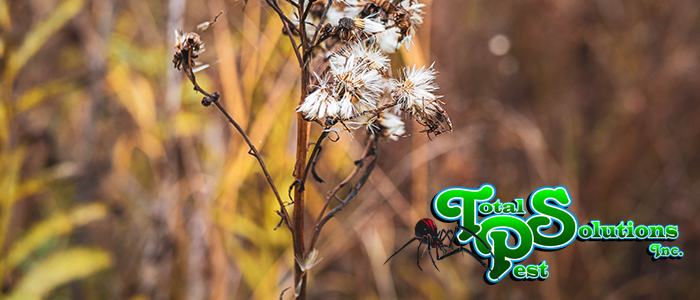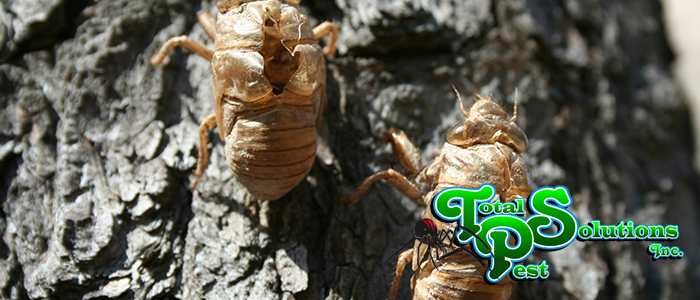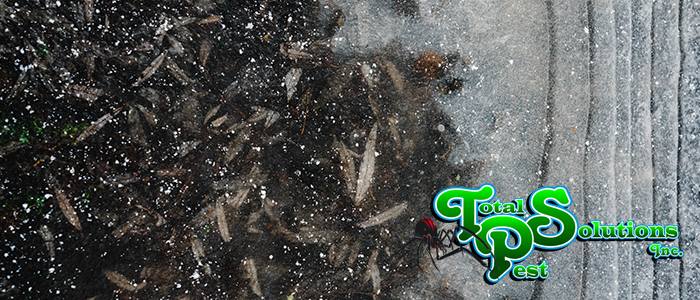
Changes in weather can make it difficult to control bug infestations. Increased temperatures, warmer winters, increased rain and snow, and droughts all cause the development of new insect species and new invasion. On the other hand, fewer insects survive the cold weather, which leads to decreased spring infestations. It is important to know the impact of weather on pests so you can prepare your home and lawn for the aftereffects. Read on to learn about the impact of weather on your pest control set up.
Cold Weather
Insects are cold-blooded which means their body temperature adapts to their environment. Most of the insects we see during the summer can’t survive in temperatures under 50 degrees Fahrenheit. If the temperature goes below freezing, insects will become dormant. Depending on the species, many insects die due to the cold and freezing temperatures.
Insects that are spring hatchers can survive in temperatures as low as 20 degrees Fahrenheit and then they will become awakened once temperatures hit 50 degrees Fahrenheit. Some insects bore into the ground once it starts getting cold. These freezing temperatures can’t affect them down there. Most insects will die if the temperatures go as low as the teens. This cold weather keeps the insect population growth to a minimum, which in turn helps control the spread.
Bug Anatomy
Bot freeze-resistant and freeze susceptible insects have a built in chemical that acts as an anti-freeze. Freeze-resistant insects have the ability to control where their body freezes. They can prevent ice crystals from forming on their organs and cells, but the surrounding fluid can freeze without it hurting them at all. Once warm weather comes back, the crystals melt and they can return back to normal activity. This is typically found in regions where temperatures get around freezing or below freezing on a regular basis.
Insects who live in regions where the temps only get mildly cold still have this chemical, but they actually “supercool” their bodies to a point below freezing. They can remain in this state completely through winter and then they will warm their bodies up as temperatures get warmer. If temperatures get below an insects supercool pint, they will freeze completely and they can’t decide what freezes in their bodies. Because insects are made up of mostly water, they size will determine how well they can supercool themselves. Smaller insects contain less water which means they can cool themselves to a much lower temperature. Ants, mites, and insect’s eggs can easily survive the winter.
Moisture
Water and moisture are necessary to all living creatures including pests, but too much of this is not good for them. Change in moisture level is one of the greatest impact of weather on pests. If you are in an area that gets floods, you need to watch out for ants. Ants are a huge problem when there is a flood. Ants have adapted to be able to ride the wave. They create a sort of “floating ant raft” and use the flow of water to get to a new location. You could have an infestation before you know it.
If you live in an area that has a lot of rain but not floods, these are great conditions for pests to thrive. The rain and wet weather is a great spark needed for insects to reproduce which is like a domino effect. This can lead to more pests getting in your home and an invasion, so make sure to watch your entrances when the weather gets wet.
continue reading
Related Posts
Auburndale’s Winter Weed Resurgence: Targeting Poa Annua As the vibrant
Davenport’s Pine Beetle Threats: Protecting Trees in Dormant Season As
Winter Roach Hotspots in Lakeland: Kitchen & Bathroom Prevention As







